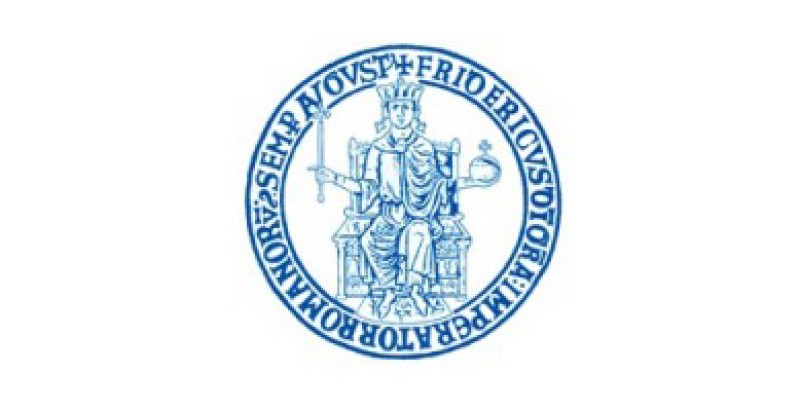Sub-theme 53: Power over Modern Universities
Call for Papers
For the past two centuries, universities have mostly been organizations of self-governance, i.e. the power has mainly
been with faculty members. This state of affairs has been based on the idea of academic freedom, i.e. that faculty members
should be free to choose topics and methods for their research and teaching. This principle is grounded in the status of universities
as professional organizations with considerable barriers to entry as well as critical examination among peers. According to
this principle, those inside the university determine who should be admitted and continuously scrutinize their colleagues
and their students. This model also implies that the insiders elect their leaders as their "primus inter pares".
The ideal model described has been challenged over the years, however. The very fact that governments are significant providers
of resources to universities has made them eager to influence systems of higher education and research. Even in times when
states are turning to less detailed budgets there are numerous examples of government initiatives to launch programs in both
education and research that are expected to increase the competitiveness of their nations. In addition, the post-war period,
particularly the recent decades, has implied an increased competition in higher education and research. Universities are more
and more competing for students, faculty and research funding. This tendency, in turn, has been reinforced by a growing attention
from non-academic scrutinizing bodies such as mass media, accrediting bodies, evaluation agencies, etc. All in all, these
external pressures have implied that considerable power over present-day universities can be found externally.
The described tendencies have had significant effects on the internal power relations. University leaders are expected to
be more of Chief Executive Officers rather than "primus inter pares". The earlier system of faculty members electing leaders
has more and more been replaced by systems where externally dominated university boards select leaders on the basis of managerial
talent rather than academic record. These leaders are given the mandate to act strategically in order to move their institutions
towards "world-class". In some countries the selected university leaders have the power to select their deans, while they
in others have to work with deans elected by faculty members. However, even in the latter case there are tendencies to apply
a top-down managerial approach rather than a bottom-up collegial approach. Power is expected to be with the leaders rather
than the faculty members.
However, there are counteracting forces towards the centralization of power, challenging
the construction of universities as organizations and of internal hierarchies, and blurring the formal boundaries of universities.
That is the principle that individual researchers as well as research groups can get their own funding from research councils,
private foundations and corporations. As a result, university leaders in comparison with their counterparts in corporations
have more limited control over the cash flow of their organizations. This in turn has of course important implications for
power relations in modern universities. A further counterforce is linked to the fact that the expertise and the legitimacy
lie at the bottom: the less "primus inter pares" the leaders are, the less legitimate they are in making decisions affecting
scientific and pedagogical issues. Furthermore, some academics are simultaneously members of the university staff and involved
in regional, national or international bodies (for instance research councils) setting the norms for scientific quality, selecting
those identified as the best and allocating funding.
Against the above backdrop the suggested track aims at focussing
on the power over modern universities. Examples of questions that might be raised in the sub-theme are:
- How are university boards composed and what power do they have?
- How are university leaders on different levels selected?
- How are external forces influencing power relations in universities?
- To what extent is the collegial model replaced by a managerial model?
- How are power relations in universities developing over time?
The sub-theme is intended to bring together EGOSians with a research interest in institutions of higher education and research
with different perspectives on the above described development. The sub-theme would welcome both theoretical contributions
and empirical ones. For the latter international comparisons and perspectives would be particularly appreciated.


